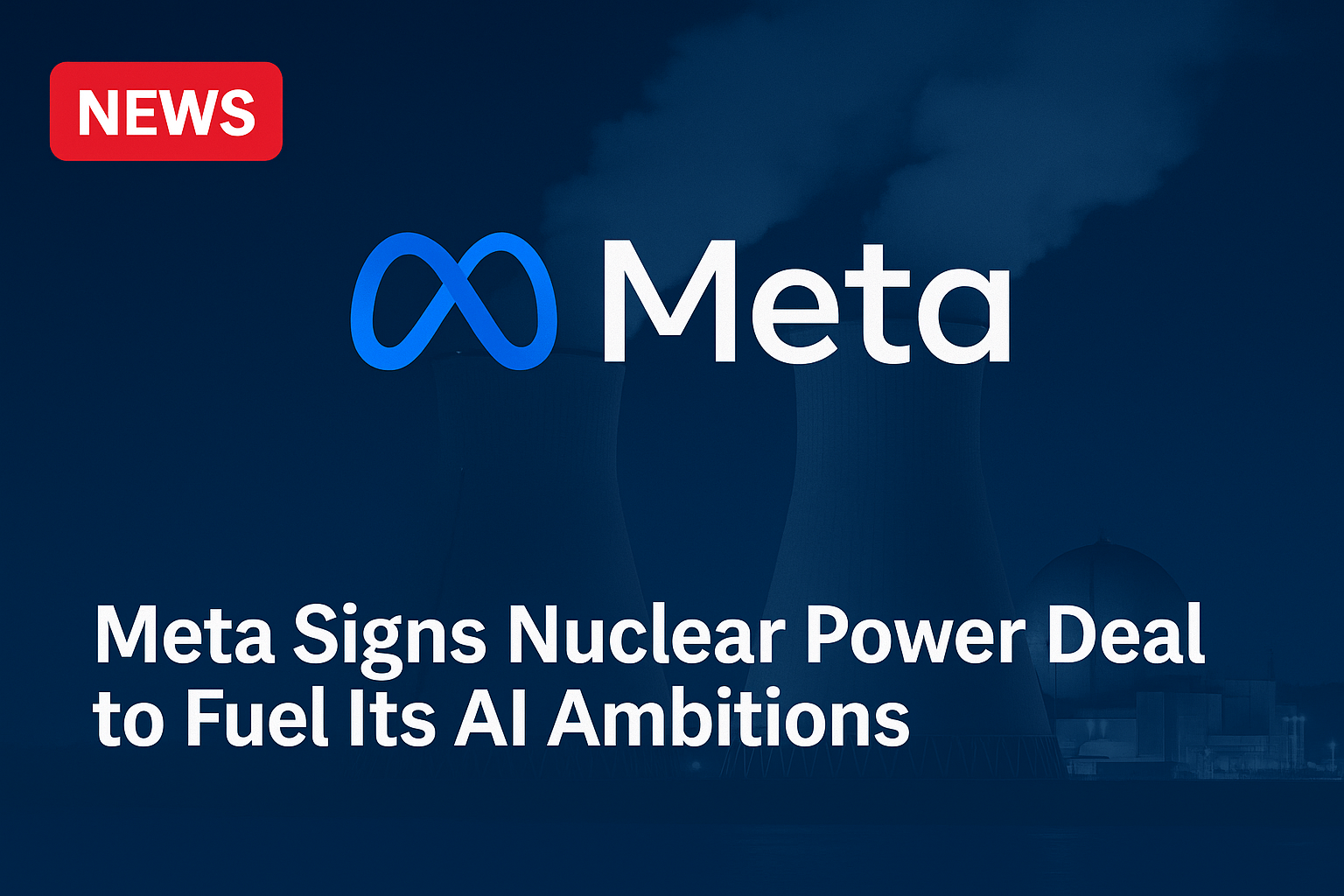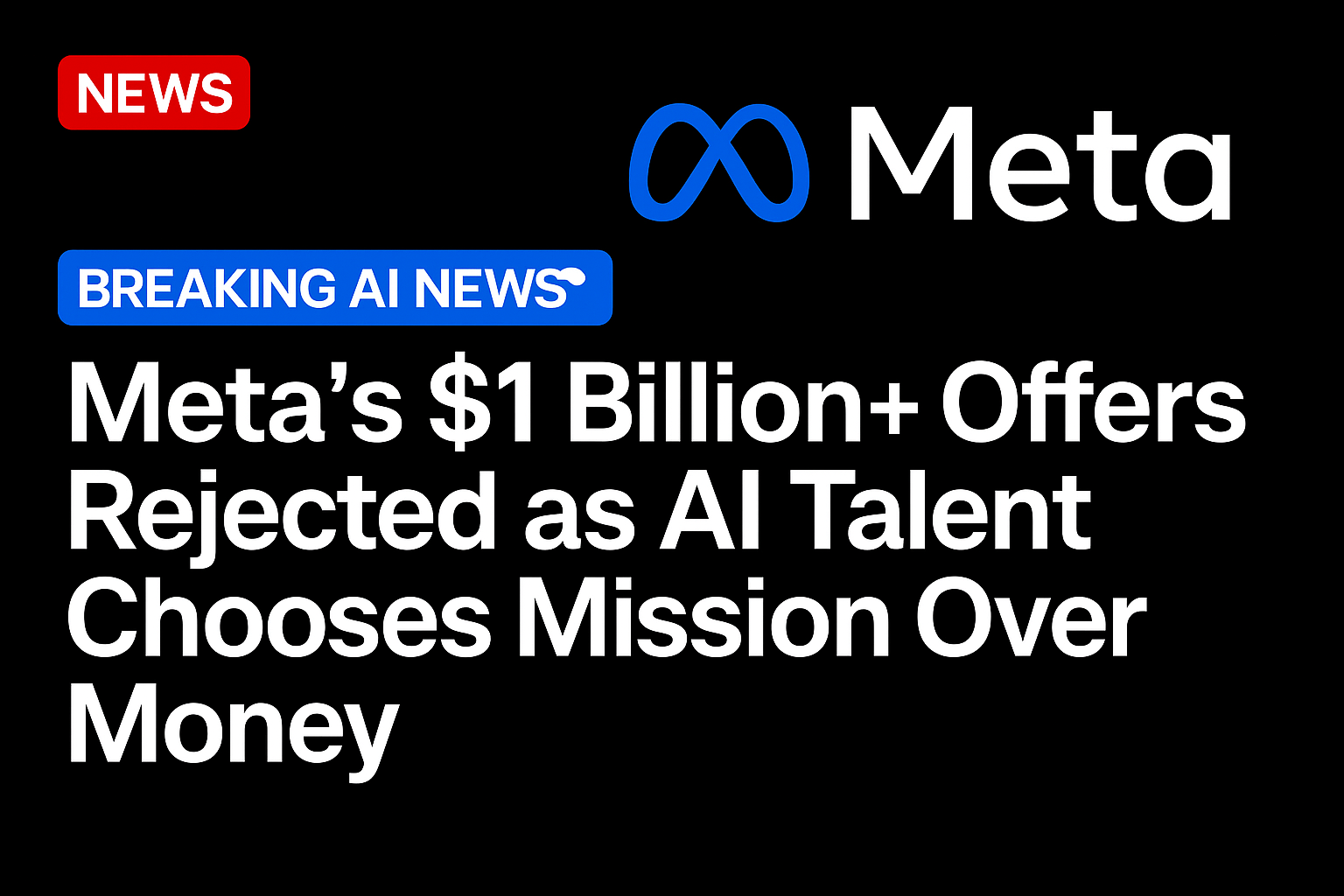Meta Platforms META -0.60%decrease; red down pointing triangle is turning to nuclear power for the massive amounts of electricity it needs to fuel its artificial-intelligence ambitions.
The tech giant will buy the power generation of a nuclear plant in Illinois for 20 years under a deal with Constellation Energy CEG -0.13%decrease; red down pointing triangle.
Financial arrangements weren’t disclosed, but Constellation Chief Executive Joe Dominguez said the Meta deal would help cover the costs of relicensing, upgrades and maintenance for the Clinton Clean Energy Center in Clinton, Ill.
“It’s billions of dollars of capital that you’re signing up for to run a plant for 20 more years,” said Dominguez.
It is the first deal of its kind in the U.S. with an operating nuclear plant but has parallels to one that Constellation and Microsoft struck last year around the Three Mile Island plant in Pennsylvania. In that case, a 20-year power-purchase agreement is spurring the restart of that site’s undamaged reactor, which was already undergoing decommissioning. Neither deal removes power from the grid.
The deal with Meta will allow Constellation to apply for federal relicensing, as well as upgrades that will squeeze more power generation from the Clinton plant, located about 150 miles southwest of Chicago.
The news initially spurred a big rally in shares of Constellation and other power stocks. Constellation shares rose as much as 9.1% in morning trading before ending the session down 0.1%
The tech industry’s romance with nuclear power is rooted in the AI frenzy captivating the sector. Building advanced AI systems will take city-sized amounts of electricity, which has turbocharged demand projections for the first time this century.
Meta and other big tech companies are building huge data centers across the country to train their AI models, and those facilities are often powered mostly by natural gas, the largest source of electricity generation in the U.S.
Despite Trump’s well-known disdain for renewable energy and a debate in Congress about whether to continue tax credits for energy projects, tech and other large companies still prefer to back clean-energy sources.

Meta’s deal will help cover the costs of relicensing, upgrades and maintenance for the Clinton Clean Energy Center, southwest of Chicago. Photo: Philip Lewis/Alamy
Under what is known as a power-purchase agreement, or PPA, Meta will essentially buy the clean attributes of the nuclear-power generation to offset its less-green electricity use elsewhere. Meta doesn’t intend to build a data center on-site, and electricity from the plant will continue to flow to the grid.
Likewise, the Microsoft-Constellation agreement that underpins the restart of the Three Mile Island reactor is a PPA. Microsoft won’t use that power directly but has grid-connected data centers in that region.
PPAs are common for wind and solar plants and have been used by tech and other big companies for years to support the build-out of new renewable-energy projects across the country.
Nuclear-power advocates see a window of opportunity to halt the closure of existing plants, or add small modular reactors, newer designs that many consider the best option for fresh projects. New-build nuclear projects face cost and timeline hurdles, and President Trump last month signed executive orders that aim to speed their development.
The Clinton site’s single nuclear reactor can produce up to 1,091 megawatts of electricity, or enough to power 800,000 homes, according to Constellation. Planned upgrades would squeeze an additional 30 megawatts from the plant.
The reactor is up for relicensing in 2027. Nuclear power plants generally have a 40-year operating license, but the Nuclear Regulatory Commission can grant a 20-year extension.
Even with today’s strong market signals and what appears to be robust future demand growth for electricity, Dominguez said there is no guarantee that the nation’s existing nuclear plants will remain open. Just the federal relicensing can cost tens of millions of dollars.
Similar arrangements to the power-purchase agreement could need to be struck, Dominguez said, to extend the life of other nuclear plants that operate in competitive power markets, absent long-term state or federal support. Constellation produces more than a fifth of U.S. nuclear power.
Source: https://www.wsj.com/




